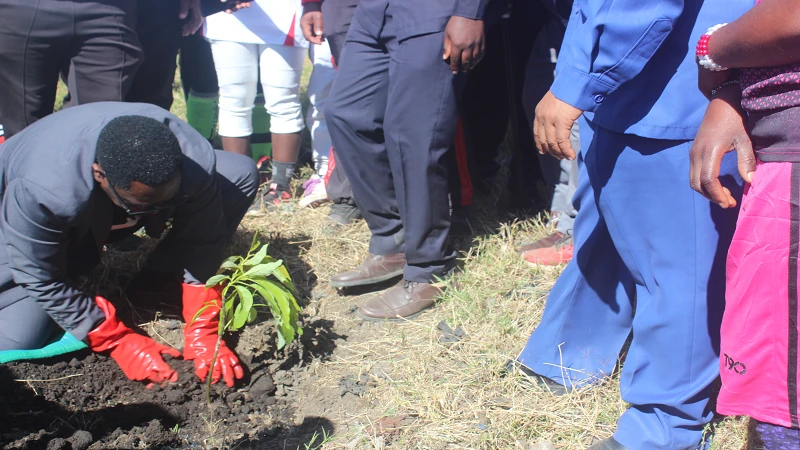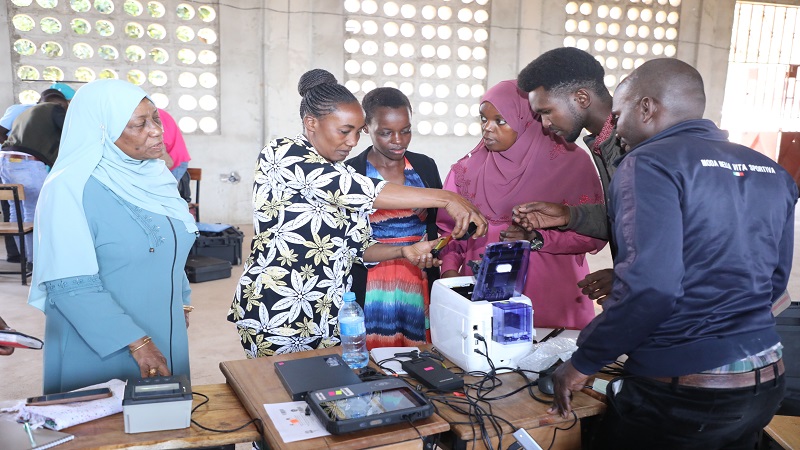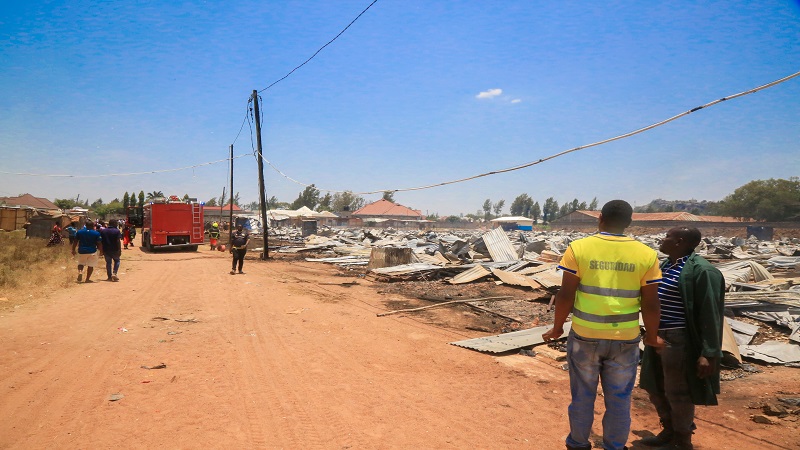Empowering women waste pickers: Need to address their challenges to enhance collection, economic opportunities

WASTE pickers play a vital role in managing solid waste, particularly by collecting valuable recyclables such as plastic bottles, paper, glass, and metals. In so doing, they help reduce waste in landfills, thus extending the lifespan of these facilities as well as reducing the environmental impact of waste accumulation.
By collecting and segregating recyclable materials, waste pickers supply valuable raw materials to recycling industries. This enables recycling processes that contribute to the circular economy and reduces the demand for virgin resources.
What waste pickers are doing helps in lowering pollution and greenhouse gas emissions as proper recycling reduces the amount of waste burned or dumped, thus preventing air, water, and soil pollution.
Waste pickers contribute significantly to sustainability, environmental protection, and the creation of economic value from waste materials, all while supporting public health and reducing the environmental footprint of waste.
However, despite their significant contributions, many waste pickers lack necessary tools, skills, and formal recognition, exposing them to various risks including rat bites, physical abuse, harsh weather conditions, and, in the case of women, sexual violence.
Some important tools that waste pickers require to effectively execute their duties include gloves to protect their hands from sharp objects, hazardous materials, and contaminants, masks to reduce inhalation of dust and fumes, safety boots to ensure their feet are protected their feet from sharp objects and hazardous waste, reflective jackets to ensure visibility when working in high-traffic areas, trolleys for transporting collected materials as well as sacks or bags for storing collected waste and recyclables.
A recent survey which was conducted in August 2024 revealed that most waste pickers do not use personal protective equipment (PPE) while those who do often rely on worn-out gear.
They also lack proper tools for transporting collected wastes and recyclable materials, a situation that forces them to sell their collected items especially recyclable plastics at low prices while recyclers and vendors profit through value addition.
Despite these challenges, waste pickers have continued with their work, with around 20 women and a few men recovering 50 tonnes of recyclable materials daily from the Nsalaga sanitary landfill in Mbeya Region.
Waste minimization has been identified in the National Environmental Master Plan for Strategic Interventions (2022-2032) as a major obstacle to effective solid waste management in Tanzania. Only 32.72 percent of the country's annual seven million tonns of waste is collected. Addressing the challenges faced by waste pickers could significantly improve waste management outcomes.
To support these efforts, the Australian government, through the Tanzania Australia Alumni Association (TAAA), launched a project dubbed—‘Economic and Technical Empowerment of Women Waste Pickers’ aiming at enhancing waste minimization practices in Mbeya City.
The project focuses on empowering women waste pickers by providing training in entrepreneurship, occupational health and safety, and integrated solid waste management. It also supplies them with PPE and electrified trolleys for transporting waste.
Since the project’s launch three years ago, waste pickers have received medical examinations and learned valuable skills in waste management. They were also trained on the importance of using protective gear and how to keep track of their finances, helping them manage their sales and profits more effectively.
The training emphasized identifying areas with high recyclable waste potential, sorting waste, and adding value to recyclables such as plastics, paper, and glass.
The project has also promoted formal organization among waste pickers. Two groups have been formed and registered with the city council, opening bank accounts to help secure funds for purchasing necessary tools.
However, despite these improvements, the waste pickers still lack health coverage, limiting their access to medical care in hazardous working conditions.
To address these on-going challenges Boniphace Kyaruzi, TAAA Secretary and Environmental Engineer, highlighted the need for an integrated recycling facility to help waste pickers add value to collected recyclables.
Kyaruzi told The Guardian that such a facility would promote waste segregation at the source and support compliance with the government's Solid Waste Management Regulations of 2019.
Formalizing waste picking and integrating it into the country's solid waste management system could also help reduce unemployment, especially for vulnerable groups such as women affected by gender-based violence, people with disabilities, and unemployed men.
By so doing, Tanzania could foster a circular economy, creating sustainable job opportunities and improving waste management practices across the country, he added.
Top Headlines
© 2024 IPPMEDIA.COM. ALL RIGHTS RESERVED

























